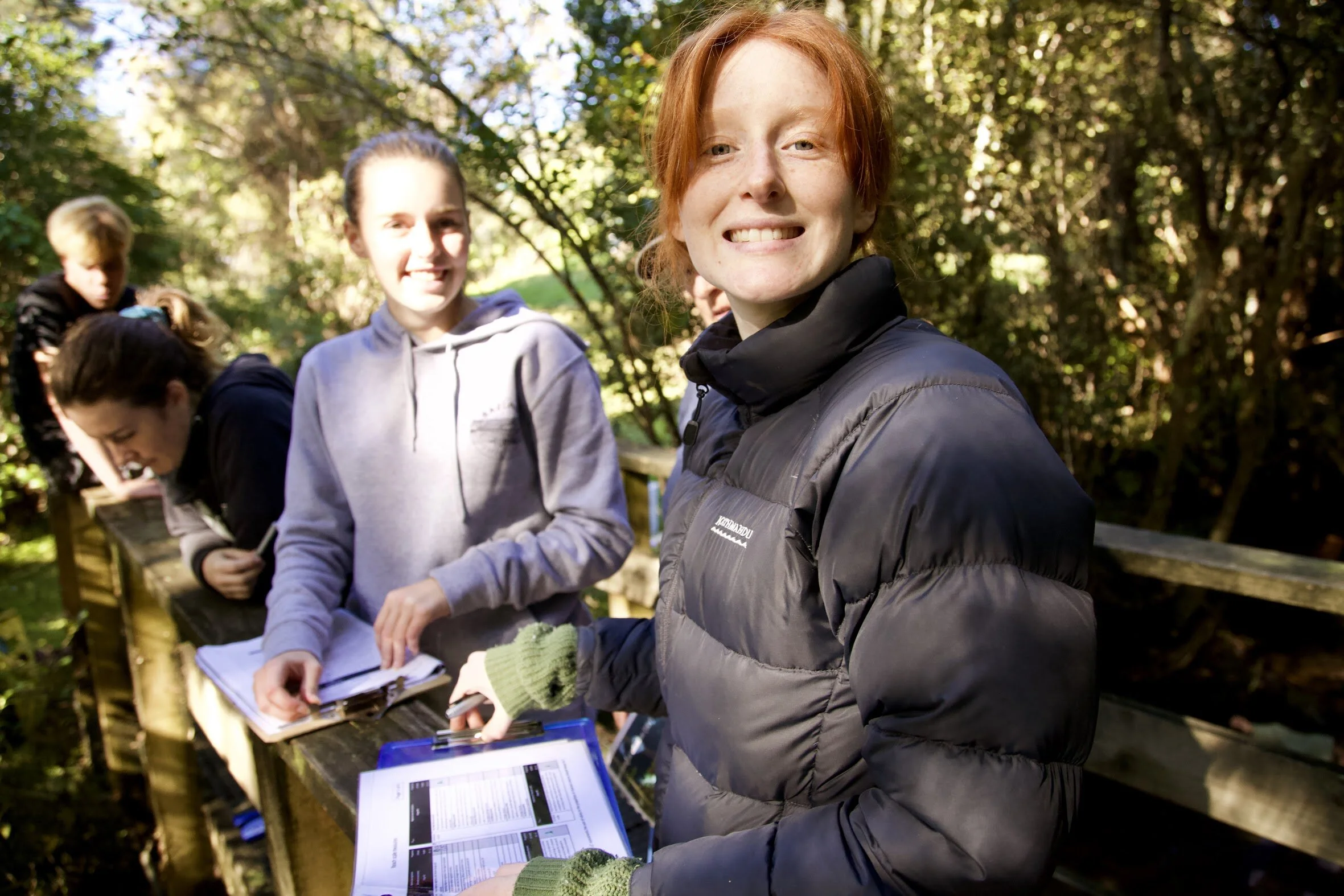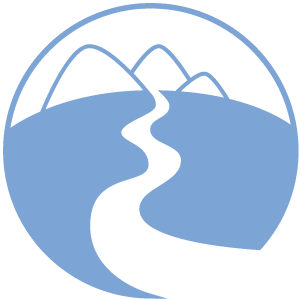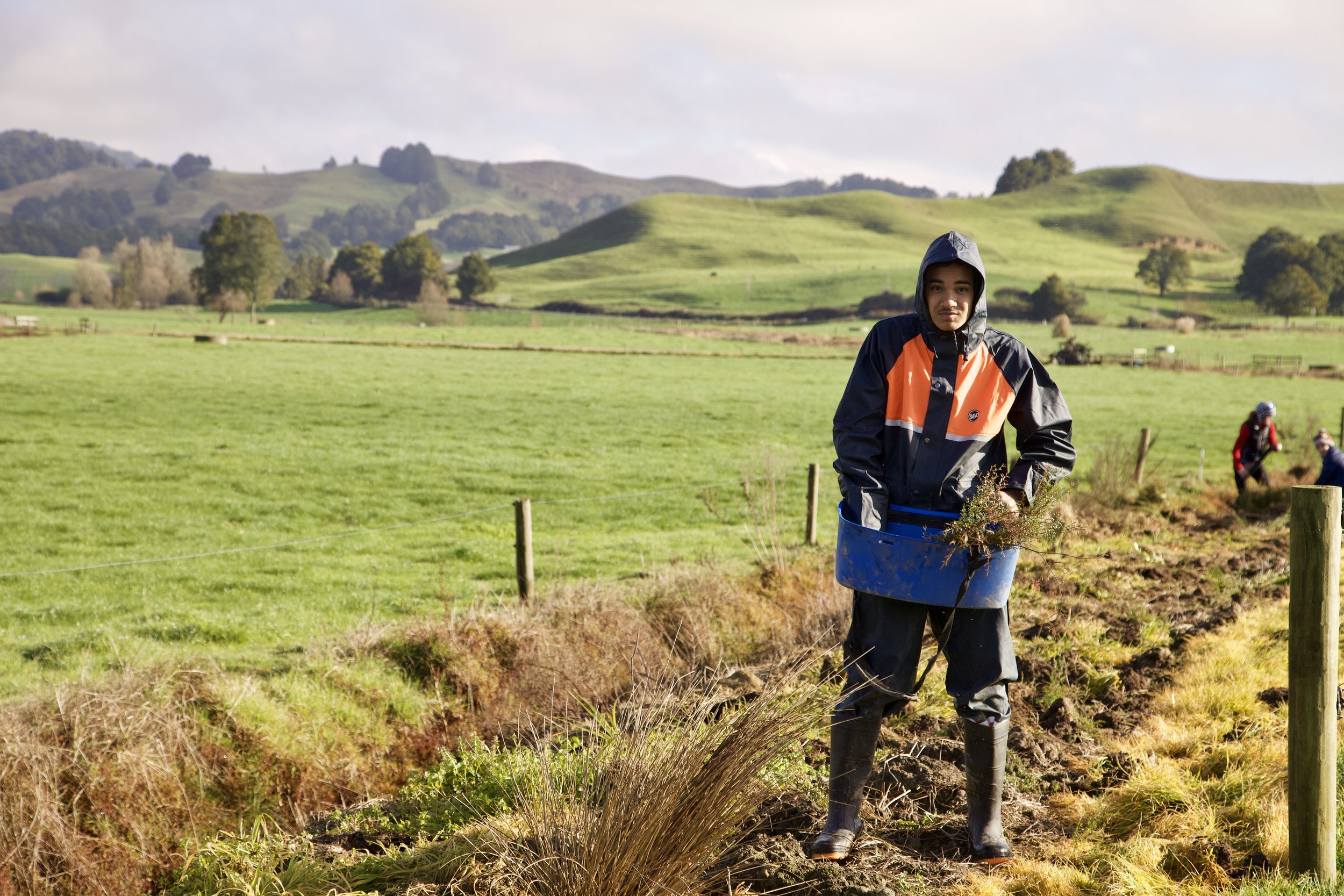Long Courses
Long courses are delivered from term one to term three. Courses are co-contructed between ākonga (students), community and Papa Taiao facilitators. Timetables vary and can include overnight wānanga and/or weekly sessions. Long courses allow ākonga to gain a deeper insight into sustainability while gaining 21st century skills through project based, self directed learning.














